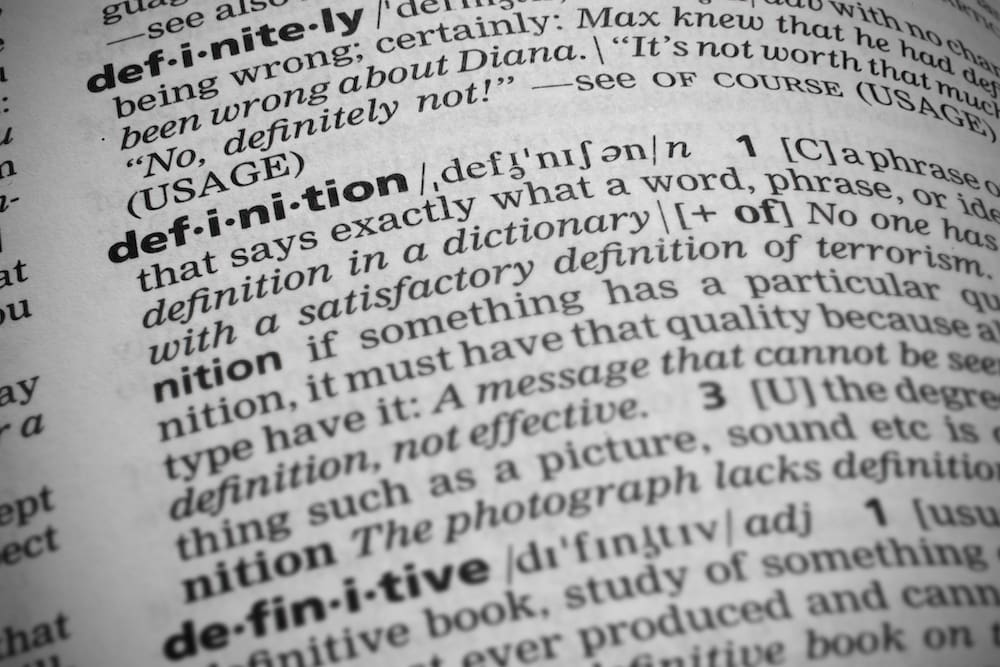Rental markets across the UK have been increasing in demand for years now and, as experts predict that as many as 230,000 additional rental homes are necessary to keep up with that demand, tenants and landlords face a more active market than ever before.
Renting a property is therefore no longer as simple as booking a viewing and expressing interest. Instead, tenants in most areas must go up against other prospective renters. To keep things fair, landlords are therefore increasingly leaning on quality indicators of a ‘good tenant’, including all-important landlord references.
Of course, references of this nature are by no means new to the rental market, but they have increased significantly in importance over recent years. Whether you’re a landlord hoping to find the highest-quality tenants or are a tenant hoping to stand out when it comes to that dream rental property, we’re going to consider what exactly a landlord reference entails, and how it can help to keep tenants and landlords on the most positive footing possible as they enter an all-important rental-agreement.

What is a Landlord Reference?
Landlords who want to check that their prospective tenants can pay the rent without setbacks will undergo a tenant referencing process which can, depending on the landlord or level of detail, involve everything from credit checks to bank statements and even income validation with a tenant’s employer.
Landlord references are also often featured here and are quite simply references provided by a previous landlord to help determine whether or not a tenant is a reliable prospect. Most often, a landlord reference will be provided in the form of a simple letter or telephone call. Many tenants may prefer to seek a written landlord reference before leaving a property, while many landlords will now provide a generic landlord reference letter as standard when tenant contracts end.
Why is a Landlord Reference Important?
As is the case with any tenant reference check, a landlord reference acts to reassure a landlord that a rental prospect is a good one. Increasingly, landlord references are also helping prospective landlords to easily narrow down on often lengthy lists of keen renters.
As rental properties themselves increase in value, this level of reassurance can especially help landlords and tenants to enter a rental agreement that’s more satisfying for everyone, and will most commonly provide reassurance regarding various aspects of the rental relationship, including –
- Character references
- Tenant behaviour
- Payment history
- Period of previous tenancy
- Condition of previous property
- Any legal issues
- Etc.
Many landlords especially value accessing this information from a fellow landlord who doesn’t have an emotional relationship with the tenant. More so even than employment or character references, that makes it possible to get a completely unbiased opinion of how any landlord can expect this tenant to act throughout a rental agreement.
Can a Landlord Give a Bad Reference?
Generally speaking, if a tenant has always paid rent on time and has left a rental property in a good enough condition, then getting a positive landlord reference shouldn’t be a problem, even if that is in the form of a generic letter. However, despite rumours to the contrary, landlords are fully within their rights to provide a bad reference if the information included is always factual and uncontestable (e.g. provable damage to property, missed payment periods, etc.).
Admittedly, a landlord reference should be free from personal emotions, meaning that a landlord can’t provide a bad reference solely because they found their tenant’s personality unpleasant. They can, however, highlight a tenant’s unreliability or, in extreme cases, refuse to provide a reference at all.
In the case of a refusal, many future landlords will assume the worst, and will often be as wary of such tenants as they would if an actively negative reference were available.

How to Get Past a Bad Landlord Reference?
When tenants are dealing with a bad landlord relationship in their past, the prospect of renting again can seem impossible. This is especially the case when you consider the competitive nature of current rental markets, but the good news is that there are some ways around a bad landlord reference that should work out for everyone.
As mentioned, this form of defence does become harder if no reference has been given because there’s nothing to actively defend against. However, even in this instance, and in the case of a bad reference that outlines every rental sin, it is possible to work through these differences and still provide peace of mind for both parties.
Most commonly, ways of getting past even the worst of negative references include –
- Co-signing a rental contract: By co-signing a rental agreement with a friend or loved one who won’t be living in that property, even a questionable rental prospect can provide a landlord with peace of mind. Co-signers should also undergo a credit check, and provide bank statements to ensure that this agreement is right for everyone.
- Paying a lease upfront: While it’s less common, tenants who can do so may also be able to get past a bad landlord reference that highlights issues with payment by paying the duration of a lease upfront or at least a few months of what will hopefully turn into a longer agreement.
- Using references from multiple landlords: Most often, a landlord will ask to see a reference from a most recent landlord, but if that reference is negative, tenants may also benefit from providing additional, more positive references. This way, it may be possible to argue a bad patch or specific financial troubles that led to a lack of payment, etc., but that shouldn’t be a problem again.
Landlord references can often feel like a daunting element of the rental process, especially as tenants increasingly have to compete for the best rental properties on the market. However, references of this nature aren’t supposed to catch anyone out. Instead, landlord references are there to provide crucial reassurance for both parties that a rental contract is in everyone’s best interests, and thus more likely to work out in the long run.
Cobb Farr is an independent estate agent based in Bath and Bradford on Avon. If you want to find out more about moving to our area, read our recent article – London vs Bath!


